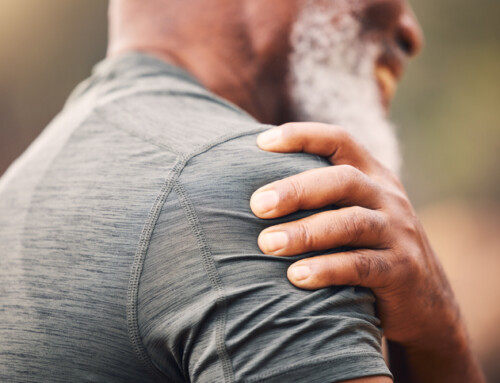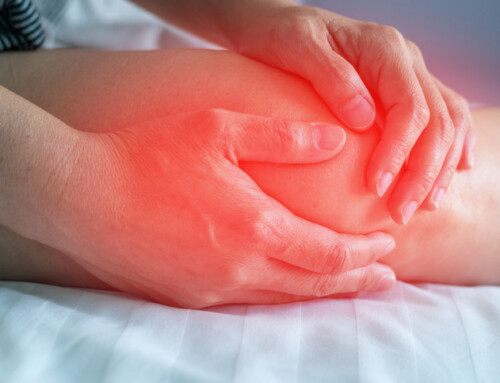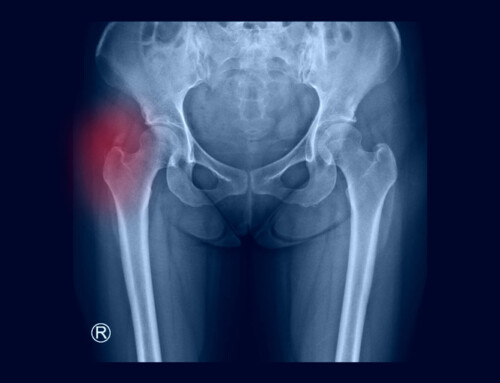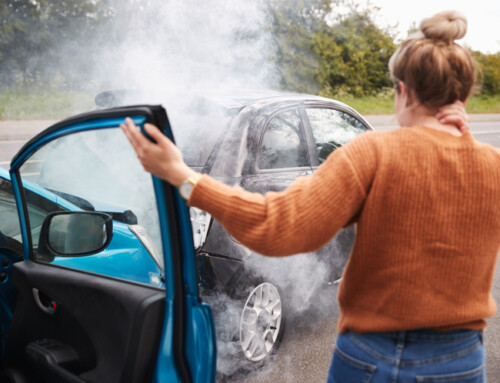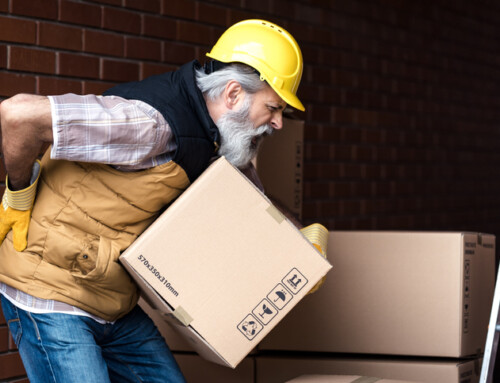By Nicholas Gallagher, SPT
Getting The Right Kind Of Sleep
Sleep is one of the most important aspects of our lives and we are not even conscious for it, or even aware of how sleep affects performance in our daily lives. Our bodies tell us we need sleep after going through some sort of stress during our day; for example, feeling tired after a long day at school (cognitive stressors) or feeling tired after physically moving all day (physical stressors). What happens when we do not sleep enough? We fall into “sleep deprivation”. The lifestyle we live today does not allow us to recognize the importance of sleep deprivation. Why? Because society tells us that burning the candle on both ends (going to bed late and waking up early) is what MUST be done to be successful. Can we challenge this? Research shows that sleep deprivation leads to the following:
- Poor performance
- Reduced motivation levels
- Reduced arousal levels
- Alters cognitive processes such as:
- Poor attention
- Poor concentration
- Increases levels of perceived exertion
- Increased pain perception
- Decreased immune function
- Decreased cardiovascular performance
It is not fair to ask our bodies to perform at its highest potential each day with sub-optimal levels of acquired sleep. The general recommendation for total sleep hours per day/night is 7-9 hours, but this will obviously depend on the individual’s daily tasks. If you have a busy, productive day, more sleep may be needed (9 hours). If you have a relaxing, slow day, less sleep may be needed (7 hours). No one can force an individual to obtain a higher quality of sleep (spoiler: getting the right quality or right kind of sleep may not mean having to sleep more), but hopefully being more educated and mindful on sleep can help jumpstart some positive habits that help our sleep performance.
Preparation for Sleep
On average, our body needs roughly 5-20 minutes of relaxation before we can start to fall asleep. If you are finding it hard to fall asleep, try avoiding any stimulating activity about 30 minutes before you go to sleep (cell phone, TV, laptop). Avoiding stimulating activity will tell your body that it is time to relax and begin its own preparation for sleep. You may also want to try eliminating any chance for spontaneous awakening from the external environment (sound and light). As you begin to fall asleep, our bodies are still sensitive to the world around us, so turning off the lights (or wearing an eye mask) and eliminating any spontaneous sound may help you fall asleep easier. Incorporating a constant sound (like white noise) may help drown out extra noise that you may not be able to control. This may sound redundant: add noise to minimize awakening… but hopefully the following example can help
You live on a busy street and you can hear the cars go by all night. You have “prepped” your body for sleep, but are left with the sound of cars zooming down the street at random times of the night and keeping you awake. Before you rearrange your house or put a sign on the road telling the cars to be quiet, try incorporating a constant external noise (we will go with white noise). If the sleep environment is too quiet, the brain has a low threshold for stimulation; all you need is one car to drive by to ruin the peaceful quiet time. A constant white noise will raise the brains threshold for any spontaneous sound. It may be hard to get used to, but eventually the brain will wash out the white noise, just like it washes out the feeling of wearing clothes. Can you image how frustrating it would become if our brain would constantly bring our attention to our clothes touching our skin? With the white noise, you may drown out the sound of that one car driving by, giving you a greater advantage of falling asleep and not getting interrupted. If external noise is out of the question for you, ear plugs may provide the same benefit.
You may also want to think about the temperature of the room you are sleeping in. As you sleep, your core temperature will decrease, while your peripheral temperature will increase. As you can imagine, if the room is too cold or too hot, our bodies will sense that temperature change and be more likely to wake up. Because our society primarily uses bed covers while sleeping, we are more likely to experience a disturbance in sleep due to an increase in temperature. Our bodies can become acclimated to the most extreme temperatures, which is why we are able to live in all corners of the world, but that takes time. If you like colder temperatures, keep the room slightly cool, and the opposite goes for individuals who like it a little warmer. Consider the amount of bedding and clothing in conjunction with the room temperature for your own ideal temperature.
Prioritize Your Sleep
Do you let your daily schedule dictate your sleep, or your sleep dictate your daily schedule? If you are finding it hard to hit your preferred number of hours of sleep, try prioritizing it. “I am going to bed at 10PM and waking up at 6AM no matter what”. If workload increases, sleep should remain constant or potentially increase. It is unfair to ask the body to do MORE work on LESS sleep, and then wonder why you do not feel well or are not being productive. Sometimes we get caught up in the “work is everything” mindset. Eventually we need to start taking priority of our own health.
So, what happens when work increases and you do not have time to get your “normal” hours of sleep? This is where napping comes into play. Napping seems to get a bad reputation, meaning that it is only used in children and not adults. I am not sure where this mindset came from, but extensive research shows that a small nap (10-30 minutes) can help with the following:
- Restore wakefulness and alertness
- Promote learning
- Reduce stress
- Increase immune system
- Reduce mental fatigue
Your 1-hour lunch can be broken up into a 20-minute nap and 40 minutes of whatever your normal lunch activities are. If you are getting less than optimal sleep hours during a 24-hour period and find it hard to incorporate more sleep or a nap, reevaluating your daily schedule can be your first step. Be mindful of napping late at night or for longer than 30 minutes. A nap too long or too late in the afternoon can interrupt the ability to fall asleep when it comes to your night time sleep routine. This is parallel to consuming too much caffeine late in the afternoon; you may not be able to fall asleep.
Checklist for a Good Night’s Sleep
- Dark room
- Quiet surroundings
- Optimal temperature to your liking (includes bedding and clothing)
- Be mindful of your current and following day; how can you plan for more sleep if needed?
- Avoid caffeine or any other stimulants late at night
- Avoid the use of computer, TV, phone… (anything with a blue light too) before sleep
- If you plan to nap, keep it 10-30 minutes long
Using the above checklist can help increase the quality of your sleep. Are you are getting 9 hours of sleep each night, but are still waking up tired? If you think you just need more hours of sleep, that may not be the solution. If you try to just sleep more, then you will just accumulate 9+ hours of low quality sleep. Instead, use the checklist above and get 9 hours of high quality sleep, and you never know, maybe your body will wake you up after just 7 or 8 because you are sleeping more efficiently.
There can be a handful of reasons for still being tired after waking up, so only increasing your quality of sleep may not be the full solution, but it can be a starting point. Let’s keep in mind good movement habits, mindful eating, and stress modification to not only a good night’s sleep, but an overall healthy life.
If you are suffering from too little sleep, or the wrong kind of sleep, Doctors Andrew J Gaetano, PT, DPT, OCS, CSCS and Evan J Marsh, PT, DPT can provide exceptional support in treating sleep-ralated conditions. Contact them at their Saratoga / Malta or Queensbury / Glens Falls PT clinics for more information.



